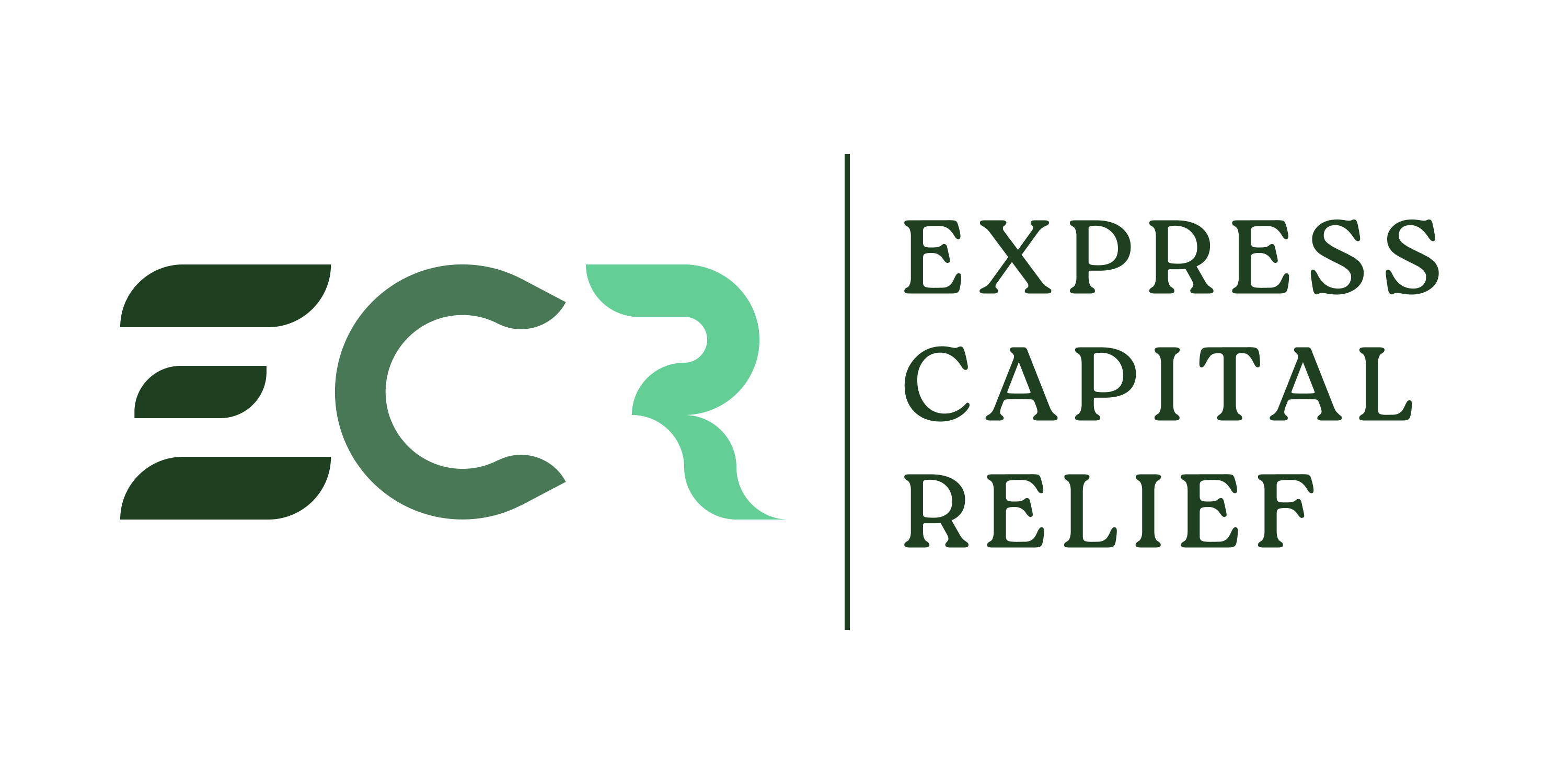Blog Details








How Debt Negotiation Can Buy Time to Rebuild Your Business
If your revenue has decreased or your expenses have increased dramatically, you're likely wondering: "How do I purchase time to get back in business without everything collapsing?" That's where debt negotiation is necessary, not as a last resort but as a strategic lifeline.
When you're operating a business on thin financial margins, each day can be an act of high-wire walking: balancing loan payments, past-due accounts, vendor relations, payroll, and the necessity of keeping customers satisfied. If your revenue has decreased or your expenses have increased dramatically, you're likely wondering: "How do I purchase time to get back in business without everything collapsing?"
That's where debt negotiation is necessary, not as a last resort but as a strategic lifeline to save your business and give you the time and room to rebuild.
Let's take a look at how debt negotiation works, why it is important, and how it can save you from disaster while putting your business in a place to recover long-term.
What Is Debt Negotiation?
Debt negotiation is the method of speaking with creditors or lenders one-on-one to change the terms of the debt. This may involve paying less total, getting a lower interest rate, lengthening the time it takes to pay back the amount, eliminating late charges or penalties, and getting a lump sum of a certain amount that is less than the original balance.
The idea is to make your debt more comfortable, especially when your business income is not enough to cover all your obligations.
How Debt Negotiation Puts You in Delay Mode
Breaks Cash Flow Pressure Instantly
One of the largest concerns in a downturn is paying for the lights. If most of your income is being allocated to debt payments, there's little for payroll, inventory, marketing, and operations.
Negotiation can freeze or slash your payments, allowing you to release cash that can be used to keep your essential business operations while you recover. It gives you room to breathe, to stabilize operations without going further down the hole.
Halts the Domino Fall of Defaults
Being late on a single creditor can cause a chain reaction such as late charges mount, credit rating falls, other lenders get more stringent, vendors lose confidence.
Proactive negotiating before default is the best way to avoid that spiral. Most creditors would rather negotiate than take a complete loss via bankruptcy or extended non-payment. It preserves trust and maintains relationships.
Gives Time to Reboot and Recast Strategy
With the immediate financial urgency off your back, you're free to redirect your energy from crisis management to rebuilding, reviewing what's going right in your business, eliminate unprofitable products/services, realign teams, reset in the market.
Debt negotiation does not fix all of your issues, but it allows you to have time to fix them. It gives space to think long-term once more.
Prevents Bankruptcy
When business owners are out of time and out of options, bankruptcy seems like the only way to go. But bankruptcy has long-term consequences: it damages major credit, hurts public perception, causes loss of control over business assets, legal expenses, and complexity.
Debt negotiation is a quicker, more discreet, and more accommodating option, particularly for unsecured debt such as business credit cards or vendor accounts. It saves your reputation and puts you in charge of the outcome.
Less Emotional Burnout
Having a failing business is mentally draining. The constant stress from creditors, the threat of losing everything, the shame drain you emotionally.
Debt negotiation doesn't only lower financial stress, it lowers mental stress. With a payment plan or settlement, you feel like you're in control again, and that's the first step towards a brighter future. Peace of mind enables you to perform better, think better, and take action decisively.
When to Use Debt Negotiation
Debt negotiation isn't for every company. It's best for companies that:
- Are in arrears on payments or on the verge of default
- Have reducing revenues but a still viable core business
- Are underwater on unsecured debt such as credit cards, loans with no collateral
- Need short-term salvation to prevent long-term failure
Even if you remain current on your payments but anticipate future problems, the ideal time to negotiate is now, before your creditors lose their patience.
How to Get Started
- Make a list of all non-payments (amounts, due dates, interest rates).
- Negotiate with unsecured creditors, as they are often more willing to listen.
- Ascertain your available cash flow, what can you actually provide?
- Contact with an offer or employ a business debt negotiation professional to guide you through the procedure in a proper manner.
One of the most important things when you're negotiating, keep in mind that you shouldn't make false promises. Negotiators appreciate honesty and realistic solutions.
Last Thoughts
Debt negotiation is not a failure sign if done strategically, it's a clever business decision. It can save your business, gain valuable time, and provide a financial runway on which you can safely rebuild without digging yourself further into the crisis.
Most successful businesses today have experienced real financial struggles. The difference lies in how they reacted and whether or not they acted early enough to rewrite the story.
If you need professional assistance with debt negotiation, then there are experts in assisting small and mid-size companies with negotiating improved terms and avoiding bankruptcy. Set an appointment for a complimentary consultation before you run out of time.

